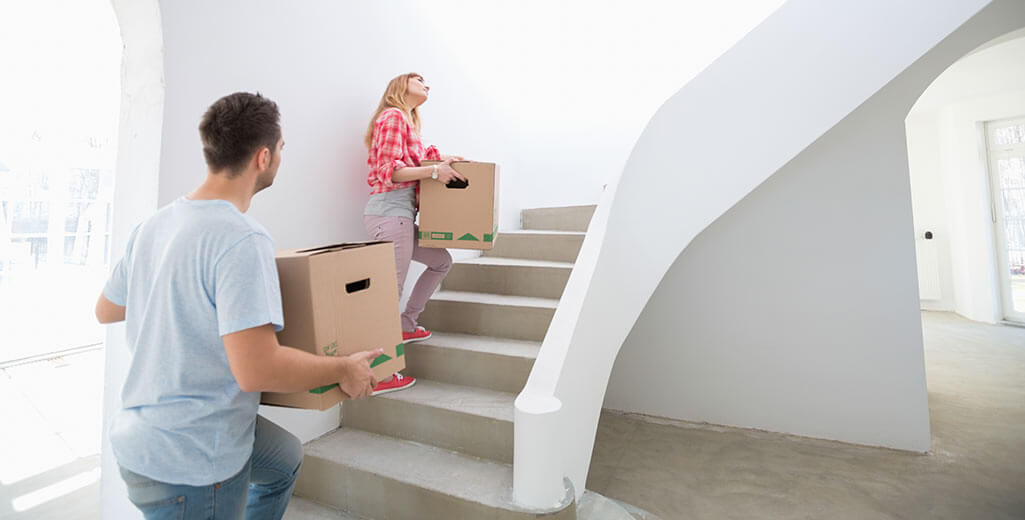Does a Smaller or Older Home Necessarily Make it More Cost Effective?
If you’re buying a home on a budget then you may be opting for a smaller or older house than you might ideally like. Smaller homes , or homes that need some repairs or renovations, can seem more cost-effective, but it’s important to consider everything when purchasing a house. You might be buying small with the aim of renovating to extend your property. This can often work out cheaper than purchasing a house already of the size you require. However, take into account the time your renovations could take, and where you’ll be staying in the meantime. If you plan to stay at a friend’s or even in a hotel, be wary of how much extra this could end up costing you. If you are planning to renovate then try to find out about planning permission on your street before you buy your potential new home. Bigger houses are traditionally more expensive to run. Expect to pay higher council tax, higher water bills, higher electric bills and higher insurance if you’re moving to a big place. A smaller home is going to be a lot cheaper to heat in winter and a lot more cost-effective when it comes to the end of every month. However, a lot of properties in desirable areas will also run-up high bills, so make sure you research the council tax bracket that your house will fall under to avoid surprise costs. Older houses are likely to need more repair work over the years than newer homes. The age of your house often has a direct effect on the cost of your insurance, so check the fine print with your potential provider before you make an offer on any property. Be aware that the older your house, the more likely it is that it’ll need work doing to the plumbing or electrics. Although your surveyor may give the house the all-clear now, it could only be three years down the line that your old home needs a total upheaval. Be prepared for the worst if you’re buying a house with the hopes of renovating to save money – it doesn’t necessarily always work out that well! If your house is older, it’s more inclined to have certain features that you’ll want updating. While you might think that the renovations required are merely cosmetic, there are a lot of things that old houses need to be updated with. Is your house going to need double-glazing? How efficient is the alarm system? Are the locks all of an adequate quality? What about insulation? How old is the boiler? These are all questions you need to be asking if you’re planning on renovating an older house. It’s these hidden costs that can end up making your supposedly cost-effective new home extremely expensive! Remember that purchasing any home is an investment. Whether you’re looking to increase the property value of a small home by renovating it, or if you’d prefer to pay extra for a house that needs no work, the aim of the property game is to not lose money should you decide to sell. Any money that you put into your home should directly affect its value – so make sure you’re making the right decisions for you!











